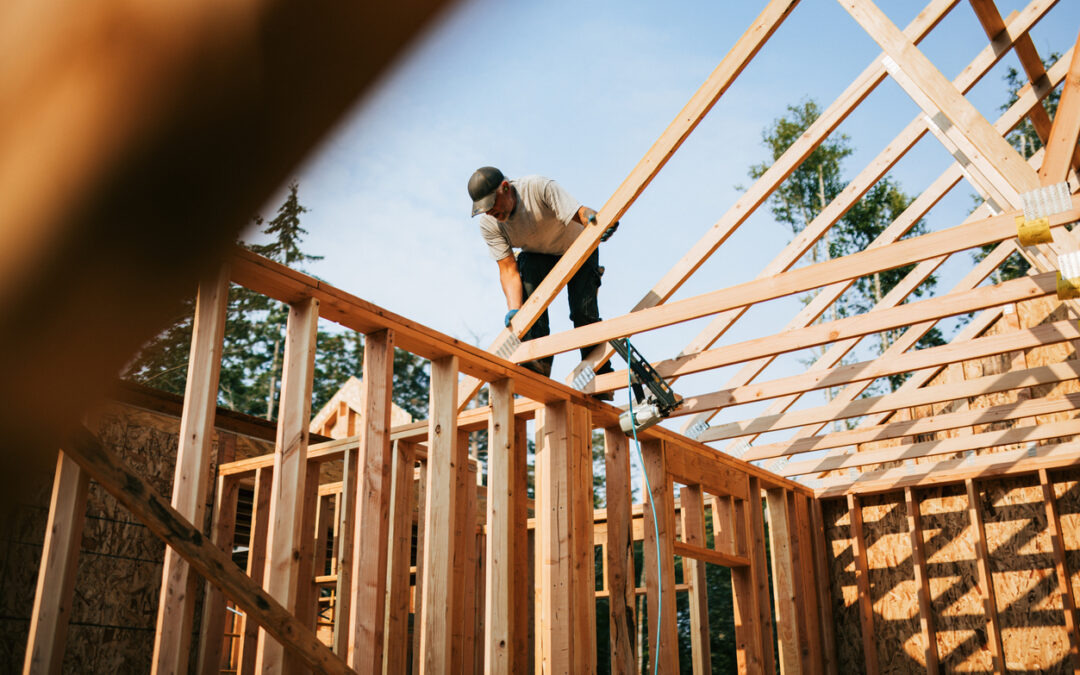Navigating the complexities of construction projects can be a challenging endeavor. From contract disputes to zoning issues, construction projects involve a wide array of legal considerations. If you’re in Minnesota and find yourself in need of legal assistance for your construction project, hiring a qualified construction lawyer is essential. Here’s a step-by-step guide to help you find the right attorney for your needs.
1. Understand Your Needs
Before you start your search, identify the specific legal issues you need help with. Common reasons to hire a construction lawyer include:
- Contract drafting and negotiation
- Construction defect claims
- Payment disputes or mechanic’s liens
- Permitting and zoning issues
- Project delays or terminations
- Insurance claims
Knowing your specific needs will help you narrow down your search to lawyers who specialize in the areas most relevant to your case.
2. Seek Local Expertise
Construction laws vary from state to state, so it’s crucial to work with a lawyer who is familiar with Minnesota laws and regulations. A Minnesota-based construction lawyer will understand state-specific issues such as:
- The Minnesota Home Warranty Law, which provides protection for homeowners against construction defects.
- Requirements for filing mechanic’s liens, including strict deadlines and documentation standards.
- Local zoning and permitting regulations.
Local expertise ensures that your lawyer can navigate the legal landscape effectively and advocate for your best interests.
3. Leverage Professional Networks
Word of mouth can be a powerful tool in finding a reliable construction lawyer. Ask for recommendations from:
- Industry professionals, such as contractors, architects, or project managers
- Trade organizations like the Associated General Contractors of Minnesota
- Real estate agents or developers with experience in construction projects
Referrals from trusted sources can help you identify lawyers with a proven track record.
4. Use Online Resources
Several online platforms can help you find qualified construction lawyers in Minnesota. Websites like Avvo, FindLaw, and the Minnesota State Bar Association’s directory provide listings of attorneys based on practice areas and geographic location. These platforms often include client reviews, ratings, and professional credentials, making it easier to evaluate potential candidates.
5. Evaluate Credentials and Experience
When you’ve identified potential lawyers, take the time to research their backgrounds. Look for:
- Years of experience in construction law
- Relevant case outcomes or client testimonials
- Membership in professional organizations such as the Minnesota State Bar Association or the American Bar Association’s Construction Law Section
A lawyer’s experience and reputation can give you confidence in their ability to handle your case.
6. Schedule Consultations
Most lawyers offer initial consultations to discuss your case and determine if they’re a good fit. During the consultation, ask questions such as:
- Have you handled cases similar to mine before?
- What is your approach to resolving construction disputes?
- What are your fees and billing practices?
- How will you keep me updated on my case?
These questions will help you assess the lawyer’s communication style, expertise, and affordability.
7. Consider Costs
Legal services can be expensive, so it’s important to understand the costs upfront. Ask about billing methods, such as hourly rates or flat fees, and whether any additional expenses might arise. Compare costs among different lawyers to find a balance between quality and affordability.
8. Check for Red Flags
Be cautious of lawyers who:
- Guarantee specific outcomes
- Lack relevant experience in construction law
- Are unresponsive or difficult to reach
- Have poor client reviews or disciplinary actions on their record
Trust your instincts and choose a lawyer who demonstrates professionalism and expertise.
Final Thoughts
Finding the right construction lawyer in Minnesota can make a significant difference in the outcome of your legal issues. By understanding your needs, leveraging local expertise, and thoroughly vetting potential candidates, you can select a lawyer who will protect your interests and guide you through the complexities of construction law. With the right legal support, you can focus on completing your project with confidence.

